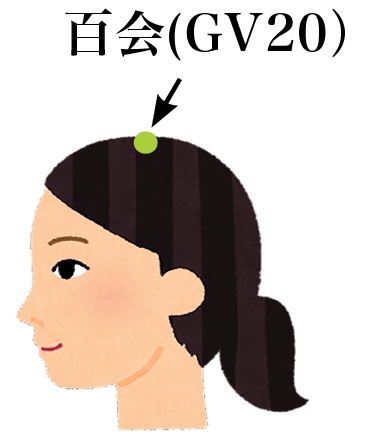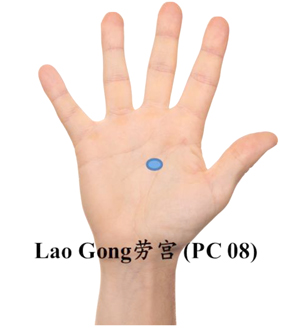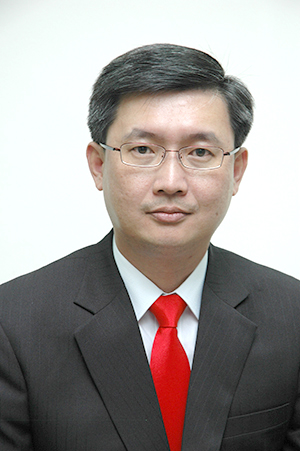Mental and physical self-care (news from the lecture) (Jan issue 2023)
29 Dec 2022
Seasonal Health Betterment from TCM Perspective for January
The weather these days are very much cooler in Singapore. For those who have been following my courses, you will know that I always stress that health betterment is a daily activities and besides observing the differences in constitution and aligning your diets with the weather changes, is one of the important knowledge to stay healthy and prevent illnesses from occurring. I will take this opportunity to introduce to you the TCM Solar Terms Health maintenance approaches, especially during the period of the Xiao Han’s solar term, as its round the corner.
Xiao Han, (shōkan in Janpanese) is the coldest solar term of the year, the 23rd solar term in the 24 solar terms, which falls between January 5-7. The next 30 days will be the coldest period of the year for Singapore.
Coldness is considered a Yin pathogenic factor in TCM. It’s characterized by triggering stagnation of Qi circulation in our body, and will deplete the human body’s yang energy. During this solar term period, those who are suffering from cardiovascular diseases and hypertension will often notice aggravation in their symptomatic condition, and correspond to higher incidences of stroke and heart attack.
TCM believes that the effective circulation of blood in the human body is directly correlated to the warmness of the body and environment. Warmness will improve blood circulation while coldness will result in stagnation. Therefore, in this weather period, it’s important to keep the body warm, especially the head and neck, back, hands and feet and other parts of the body which are prompt to coldness.
In this article, I will introduce two medicated diets suitable the period of Xiao Han and four acupoints to promote the movement of Qi and blood in the body, warming the blood, dispel coldness and strengthening the body.
Medicated diet
- ●Angelica ginger mutton soup
- [Ingredients] Angelica 20 grams, ginger 30 grams, mutton 500 grams, wine, seasoning to taste
- [Effect] Nourishing blood, warming and strengthen the body constitution
- ●Yam stewed chicken soup
- [Ingredients] one chicken, yam 30 gram, wolfberry 5 gram, onion, ginger, wine, salt to taste
- [Effect] Warming, nourishing the kidney systems and help maintain radiant skin.
Acupressure massages 3 Acupoints
- ●GV 20 (Bai Hui)
- The “warming” switch at the vertex of the head is the point GV 20 (Bai Hui),
- This point is the aggregating point for all the Body’s Yang, massaging this point can boost the body's yang. This is the main point for treatment of headache and dizziness. Massage using the palm using rotation action.

- ●Lao Gong (PC 08)
- The “warming” switch right in the palm of our hand, called Lao Gong (PC 08), which is the point of the tip of our middle finger when we clench our fist.
The five elements association of Lao Gong acupoint belong to Fire, thus A daily consistent massaging on the point can warm the hands promote warmness, calm the mind and improve quality of sleep.

●Yong quan (KI 01)
There is a “warming” switch on the foot, Yong quan (KI 01). Located at the bottom of the foot, in the depression of the front of the foot.
It is the first point of the Kidney meridian. It is especially suitable for elderly women who are afraid of cold, suffering from kidney deficiency, lack of strength and lack of energy.
A daily consistent massage on the Yong quan (KI 01) acupoints can increase the body’s energy, strengthen the body and prevent disease.

Responsibility for text and illustrations : Dr Clement NG Shin Kiat

Dr Clement Ng, Founder and Principal Consultant of TCMandYou Pte. Ltd., Doctor of Medicine (Chinese Medicine), MBA (Strategic Management).
Dr Clement Ng is the Chairman of the Technical Committee for Complementary Medicine and Health Products in Singapore, formed under the Biomedical and Health Standards Committee of Singapore Standards Council. Dr Clement Ng is the President of Singapore Acupuncture Association.
Dr Clement Ng has more than 25 years of cross-functional, progressive corporate management experience in public and private sectors, including Ministry of Community Development Youth and Sports, SingTel, ST Engineering, Eu Yan Sang and had held senior positions in different TCM organisations in Singapore. He is effectively bicultural and bilingual in English and Chinese.
Dr Clement Ng received his Doctorate Degree in Medicine (Chinese Medicine) from Nanjing University of Chinese Medicine in China and his MBA in Strategic Management from Nanyang Business School, Nanyang Technological University (NTU) in Singapore.
Dr Clement Ng, an International Chinese Medicine Trainer, has designed and facilitated bilingual (English and Chinese) Chinese Medicine, Health and Wellness courses and workshops for Corporate and those approved under the Singapore SkillsFuture Training framework. He was invited to share Chinese Medicne knowledge globally and through online learning platforms, reaching out to international students coming from more than 100 Äb0countries.
Besides engaging in Professional Consultancy, Trading, Treatment and Training services, Dr Clement Ng is the Expert Committee Member for ISO/TC 249 (TCM) and Council Member for different Specialty Committees under The World Federation of Chinese Medicine Societies (WFCMS). He was the former Vice President of the Singapore College of Traditional Chinese Medicine and the founding Committee member of the Continuous Education Committee for Singapore TCM Practitioner’s Board.














